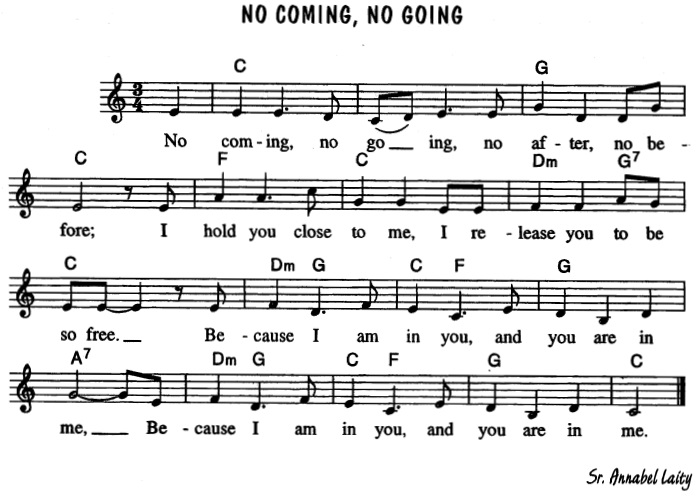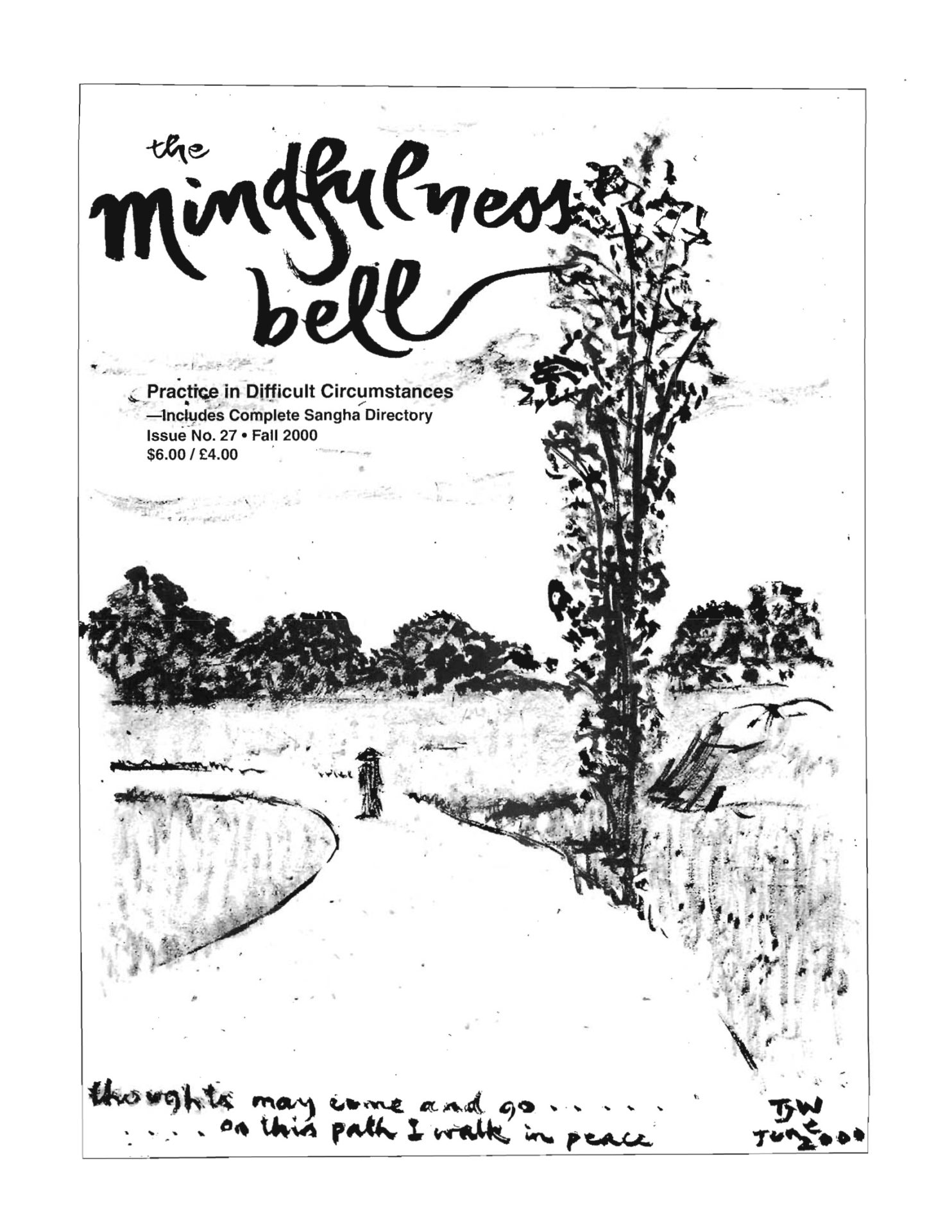By Joseph Emet
One of the treasures of our tradition is our collection of songs for the practice of mindfulness. These songs are in the language of the here and the now. A medieval Tibetan chant takes me away from the here and the now to another time and another place. Our songs, on the other hand, encourage me to enjoy this place, this Western world, at this unique time.
As a layperson, my experience may differ from the experience of our monastic sisters and brothers. For me,
By Joseph Emet
One of the treasures of our tradition is our collection of songs for the practice of mindfulness. These songs are in the language of the here and the now. A medieval Tibetan chant takes me away from the here and the now to another time and another place. Our songs, on the other hand, encourage me to enjoy this place, this Western world, at this unique time.
As a layperson, my experience may differ from the experience of our monastic sisters and brothers. For me, Gregorian-like chants wear the plain long gown of the monk, while these songs wear the flowery dresses and shirts of lay life. That is here and now for me.
So many of the jazz, blues, or popular songs we hear on the radio are songs of seduction. Not only the words, but the voice and manners of the singer concentrate on one thing: the man-woman relationship, mostly perpetuating popular illusions and delusions about our feelings. Recently, I attended a Pow-wow at the Kahnawake Reservation near Montreal. The chants and the clothing of the singers and dancers completely bypassed this seduction thing. Instead of being syrupy sweet, the earthy voices reflected the forces and strength of nature. My friends remarked that this music sounded like it came from a different planet.
I would have to agree. This music did come from a different planet: planet Earth! Most of today's music comes from planet Media instead. We must listen more to the Earth than we do now, and less to the media. Then, we will be more true to ourselves in our singing.
Recently I shared some of our mindfulness songs with a professional singer who has made several classical CDs. When she sang them, the songs sounded like an aria from an opera. I gently hinted that this was not the right style for these songs. She responded that she could also sing in the popular style, and proceeded to sound like a Broadway musical. I objected again, and she dazzled me with her ability to sing like a true jazz singer, and then, a rock star from the top of the charts! But the one thing this trained virtuoso could not do was to be herself and sing naturally. "Simple" can be so difficult sometimes.
We are groping toward natural things. We shop at the natural foods store, we wear natural fibers, and we try natural childbirth. With our practice songs, we must sing with the voice of our natural self. Let us always listen to our own voices like we listen to the sound of the bell.
Joseph Emet, Abode of Peaceful Concentration, is the editor of A Basket of Plums: Songs for the Practice of Mindfulness.


